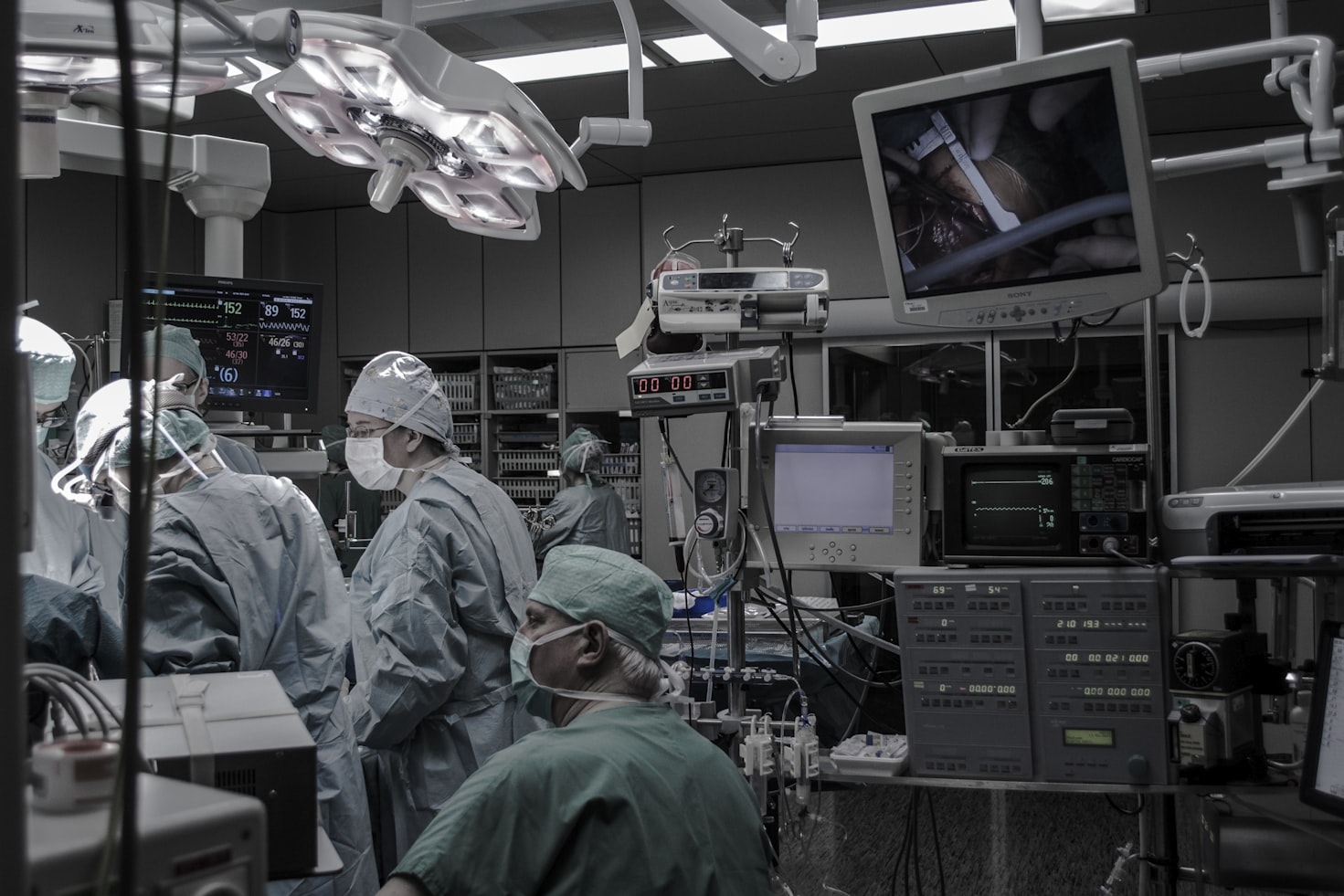The Food and Drug Administration (FDA) is given the sole authority and responsibility to regulate the production of food, cosmetics, and medical drugs or devices. This agency approves (or rejects) new products under the aforementioned categories before they enter the market.
That is a huge burden to shoulder since any defect in the product can become a life-and-death situation. The only problem is that it often does. Despite the powers vested in the FDA, there are boundaries to its regulatory measures.
For instance – the agency may approve a product due to successful clinical trials and substantiate review. However, it could be found in post-market surveillance that the product is harmful or fatal for its consumers.
In such cases, the FDA will demand that the manufacturer remove the product from the market or replace it with safer alternatives (if possible). Such a move is known as a product recall. Cases of recall are the highest in the healthcare sector (because of greater safety concerns). In this article, we will discuss four major FDA medical product recalls and why there was a need to do so.
Philips Medical Imaging Device Recall
Philips has always been a huge name in the electronics industry. Today, this multinational corporation has divested its divisions to enter the health technology space.
Philips’ Panorama 1.OT HFO is a medical imaging device used to click images of what’s going on inside a patient’s body. This device helps in detecting disease and assists healthcare providers in giving an accurate diagnosis and treatment plan.
In 2021, it was discovered that many models of the device carried a high risk of explosion due to the buildup of helium gas. This meant patients could either die from the explosion or suffer from severe injuries.
As a result, the FDA decided to have the product recalled. The Panorama 1.OT HFO was classified as a Class I product recall of the most serious kind. In other words, this medical device carried the highest degree of health hazard. Patients could end up dead or with tissue damage, lack of oxygen, and chemical exposure.
The Dutch medical device manufacturer finally took down at least 150 such devices across the United States. The company stopped producing this device in 2014 and even conducted a thorough inspection of the existing ones after the recall was declared.
Bard PowerPort Catheter Recall
Bard Access Systems Inc. is most popularly known in the medical world for its catheter port medical device. It is commonly used for therapies or treatments that require regular access to the patient’s vascular system.
This means Bard powerport was used for chemotherapy, dialysis, and other procedures requiring medication infusion. At the time of its approval in 2000, this medical device was considered to be revolutionary. It perhaps is under ideal circumstances.
However, the FDA announced a product recall for the same in March 2020. The interesting thing is that the recall was later terminated in May 2022. The reason for the termination could be the fact that catheter ports are almost indispensable in the modern medical world. Also, this recall was a Class II FDA recall (as the product has a lower chance of causing death or serious adverse events).
However, it does not take away from the dangers associated with this medical device. According to TorHoerman Law, the catheter port tends to fracture and migrate due to inherent design defects. This has caused severe injuries like hemothorax, arterial puncture, blood clots, necrosis, deep vein thrombosis, and pulmonary pseudoaneurysm.
Victims have filed a port catheter lawsuit against the manufacturer to receive fair compensation for their injuries. This is an ongoing litigation with 69 cases filed to date. All cases have been consolidated into a class-action multi-district litigation (MDL). They are awaiting settlements, and lawyers are still accepting new filings.
Medtronic Defibrillator Recall
Medtronic is best known as the leading producer of medical devices for therapies, including insulin pumps, defibrillators, and pacemakers. In 2023, the FDA issued a product recall for nearly 350,000 defibrillators produced by the company.
A defibrillator is a medical device used to restore the heart’s normal rhythm. It mainly functions via an electrical charge to reverse the heart’s abnormal rhythm. It was found that this device may fail to deliver the required energy due to improper activation of the short circuit feature.
As a result, it would not be able to correct cardiac arrhythmia, which could cause injuries like cardiac arrest or death. There were additional risks involved, such as the patient may require surgery to remove or replace the device. Medtronic had previously recalled 87,000 similar devices in 2022.
ICU Medical Vial Spikes
ICU Medical’s vial spike is essentially a closed drug delivery system that allows multi-dose vial access. It is used to keep contaminants like bacteria out of drug delivery. Also, the vial enables multiple withdrawals without the need for a needle.
In 2019, the device manufacturer announced a Class I product recall due to the potential for serious injuries like embolism or death. This is due to the possibility that the device’s burr particulate may detach and expose the patient to caustic substances.
The main cause was found to be a spring variation present inside the ChemoLock. The medical device manufacturer issued a warning to the users that device usage and distribution must be stopped immediately.
Also, in cases where the device’s benefits could be greater than the risks involved, users were cautioned to ensure full connection/engagement before usage.
This article lists just four among hundreds of medical devices that are recalled at some point by the FDA. According to Statista, the worldwide medical device market is expected to grow at a CAGR of 5.70% till 2028.
This means thousands of products will be produced in the upcoming years. Out of these, there will again be many that fail to meet FDA’s post-market surveillance standards. When that happens, the agency may have to recall the device (permanently or temporarily till its safety is proven).

